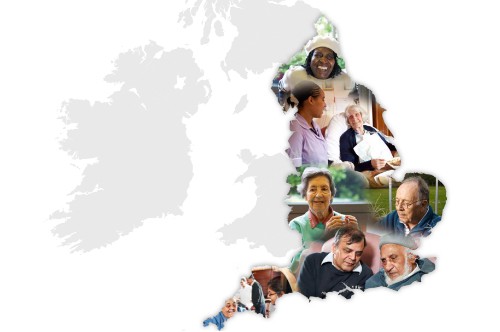
Less than half of patients with dementia in England are diagnosed, and there is too much variation between areas in support and treatment, according to a Department of Health (DH) report.
The State of the Nation report on dementia is published alongside a dementia atlas that shines a light on the quality of dementia care across the country.
Health Secretary Jeremy Hunt said the UK needs a “national mission” to tackle dementia, which already affects around 670,000 people in the country and is predicted to rise to more than a million cases by 2020.
At the moment only 319,000 have been diagnosed, according to National Health Service (NHS) data, with rates varying from 39 to 75 per cent across the country.
The purpose of the dementia atlas is to track progress in tackling dementia and also to compare different areas of the country to “encourage the laggards to do more”, said Hunt, although he noted that improvements need to be made across the board.
“There is a lot of defeatism, a lot of people who think there is nothing you can do and that it may be better not to find out if you’ve got it,” added Hunt.
Jeremy Hughes, chief executive of the Alzheimer’s Society, said the atlas is vital because it identifies what still needs to be done to provide proper support for people with dementia in the community. The bottom line is that too few people are diagnosed, too many people spend too long in hospital, and too many live unsupported in the community.
“There are almost 200,000 people living on their own in their houses with dementia today, and [up to] a third don’t get out of the house once a week,” said Hughes, adding: “We need to support those people to live better in their communities.”
Dementia is where cancer was in the 1960s, something which people are very afraid of and do not like to talk about, continued Hunt.
Raising public awareness could help dispel the gloom that it is a terminal diagnosis, “when actually you can do a huge amount to slow the onset and to be able to live a normal life for much longer”.
The DH launched a dementia awareness campaign last year, while Prime Minister David Cameron launched a £3.2m Challenge on Dementia campaign began March 2012 aimed at increasing investment in dementia research and care.
Later this month the UK will host the first G8 dementia summit , bringing together governments, the World Health Organization (WHO) and the Organisation for Economic Co-operation and Development (OECD), as well as other stakeholders.




